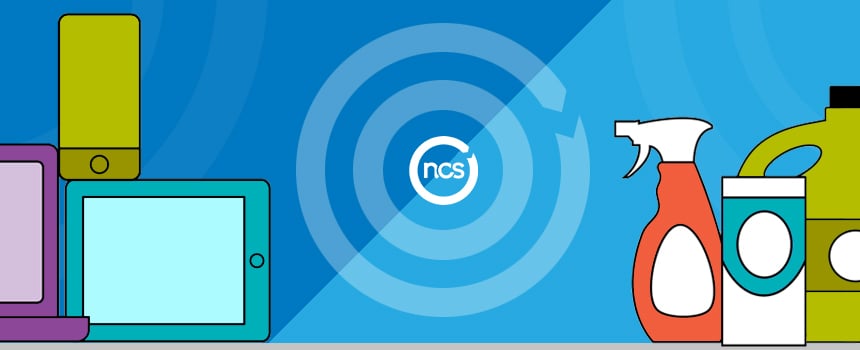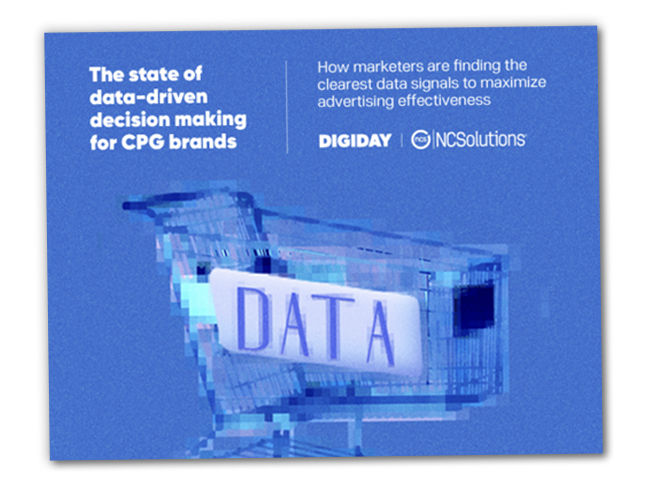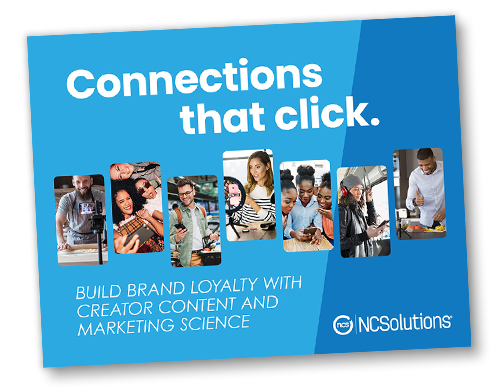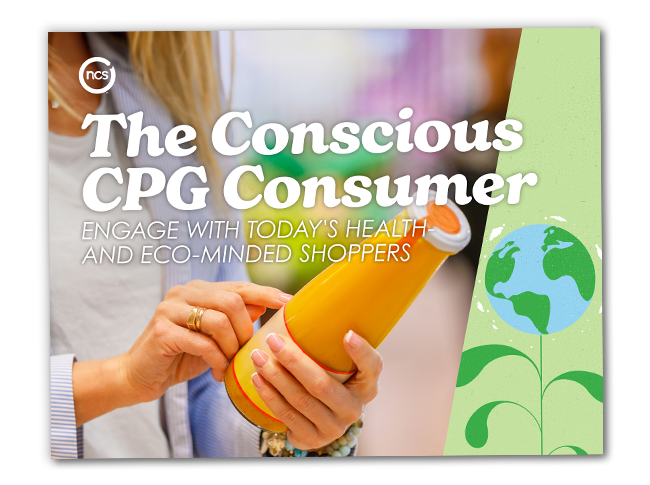
By Lance Brothers, Chief Revenue Officer, NCS
Competition is especially fierce in the household cleaning products industry.
So when a major cleaning products brand wanted to increase incremental sales in stores, they decided to pit three purchase-based targeting companies, including NCS, against one another to see which company could generate the greatest sales lift.
The cleaning brand needed to remain competitive against the brands sharing their shelf space, and developed a new advertising campaign to help it move more product. The key, though, was identifying the market segment most likely to buy the brand’s products, and target them with ads.
It was a simple experiment to see which company could target consumers most effectively and ultimately boost sales. The cleaning brand created the campaign and targeting strategy, and tasked the three companies with creating their own audience segments. To keep things fair and scientific, the campaigns were deployed at three nearly-identical regions for the same retail store chain, accounting for retailer footprints and purchasing dynamics.
Much like the cleaning brand, NCS was in a competition of its own and emerged as the clear winner, generating higher sales lift in the most relevant retailer with the largest sales volume for the brand and in grocery retailers as a whole. NCS’ audience segments generated a 1.6 percent sales lift, a significant increase for the CPG industry, where margins are slim and brands compete for every cent.
In the case of a retailer that doesn’t have a shopper loyalty program — like the one in question — it’s necessary to apply audience targeting models that can effectively identify relevant buyers who shop at the chain. NCS seed data combined with exclusive access to Nielsen’s panel data — and attributes like store type and neighborhood purchase dynamics — resulted in a model that most represented the buying behavior of households that shop at the retailer.
NCS has consumer purchase data on more than 90 million different households in the U.S., culled from 275 million different customer loyalty cards. It’s a well-documented fact that a person’s buying history informs how they will respond to certain advertising, and our database gives us unprecedented insight into households’ buying habits. It’s an enormous advantage when conducting a campaign like this.
We used our consumer behavior database to identify people who already buy this brand of cleaner, and people who buy products in the home cleaning category in general. We then applied this market segment to the same region where the store is located and the consumers were served with mobile and digital ads (all of which were bought programmatically).
Many firms claim to have the best in advanced audience data, but a targeting platform is only as good as the data you put into it. NCS proved unequivocally that its superior technology and emphasis on buyer behavior creates demonstrable results.





.png)
.png)


